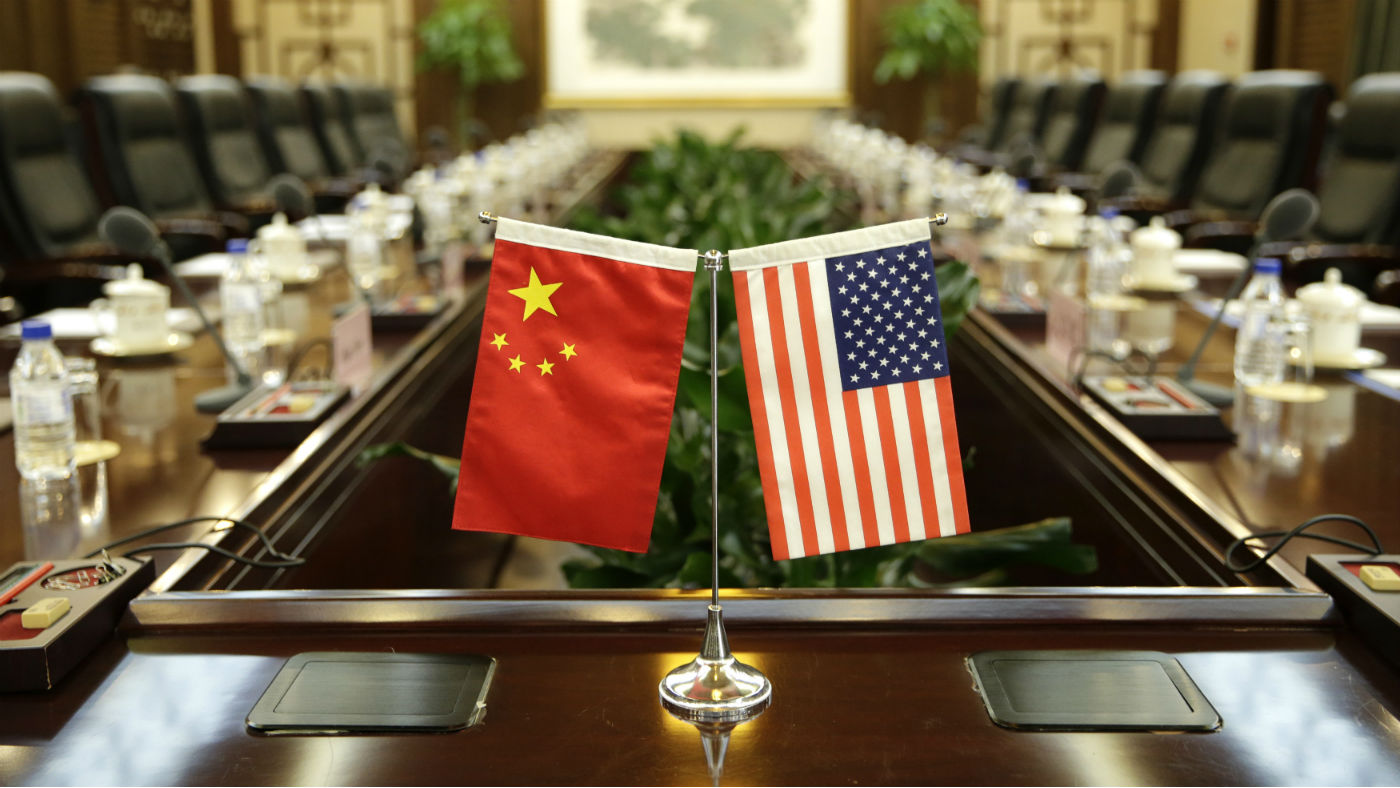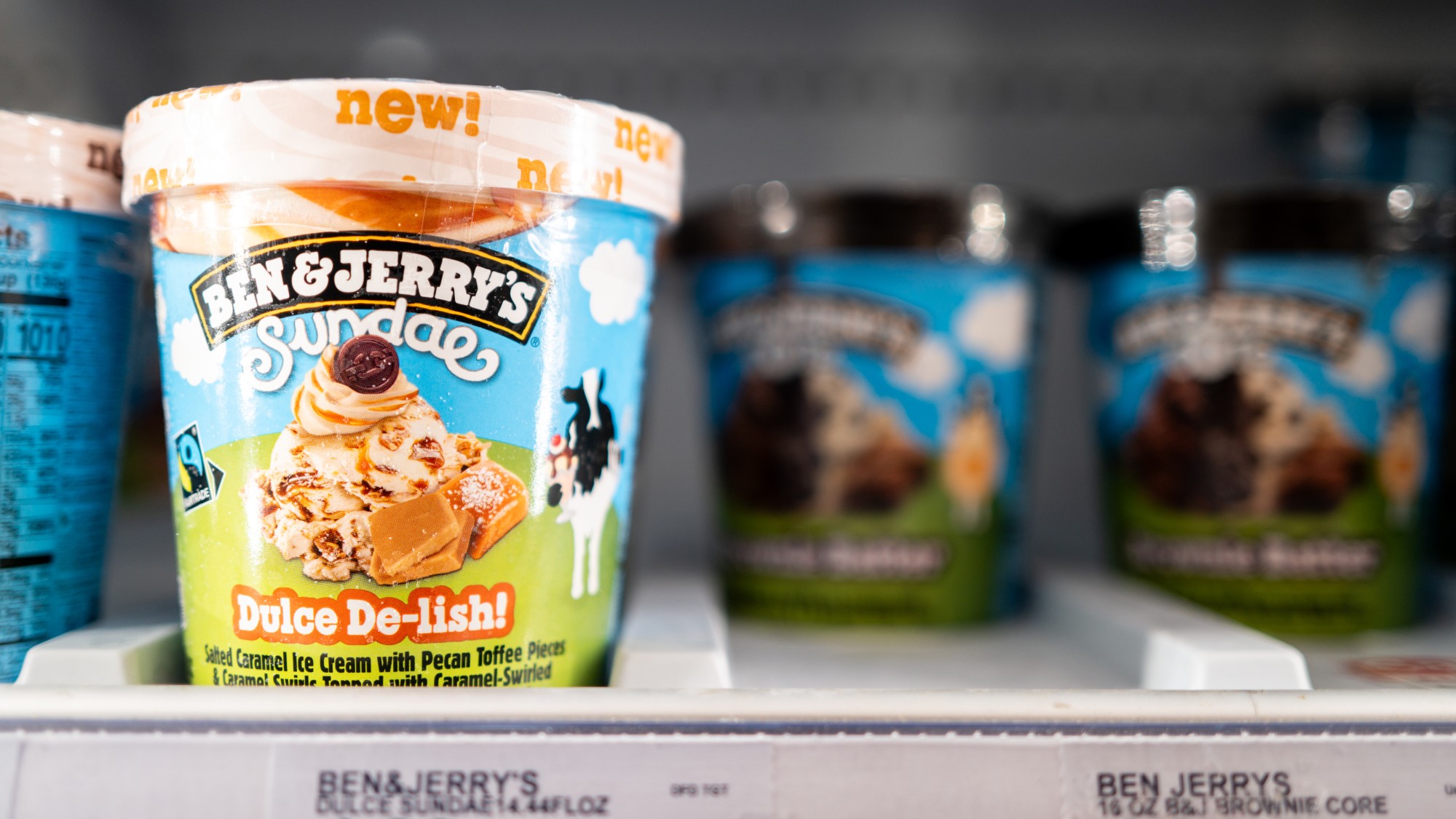US and China agree to hold fresh trade talks
Negotiations come as Washington prepares to impose new tariffs on $200bn of Chinese goods

A free daily email with the biggest news stories of the day – and the best features from TheWeek.com
You are now subscribed
Your newsletter sign-up was successful
China has accepted an invitation from the US to attend fresh talks aimed at resolving the trade war between the world’s two largest economies.
The latest round of negotiations comes as the Trump administration prepares to impose additional tariffs on $200 (£152bn) of Chinese goods.
The timing of the announcement was “something of a surprise,” says the South China Morning Post.
The Week
Escape your echo chamber. Get the facts behind the news, plus analysis from multiple perspectives.

Sign up for The Week's Free Newsletters
From our morning news briefing to a weekly Good News Newsletter, get the best of The Week delivered directly to your inbox.
From our morning news briefing to a weekly Good News Newsletter, get the best of The Week delivered directly to your inbox.
Many observers had expected there would be no further trade talks until after the US Congressional midterm elections on 6 November, the paper reports.
Last week, US President Donald Trump said the new tariffs could go into effect “very soon,” adding that he had tariffs on an additional $267bn (£203bn) worth of goods ready “on short notice if I want.”
To date, Beijing and Washington have introduced 25% tariffs on $50bn (£38.5bn) of each other’s imports, leading to higher costs for companies and consumers on both sides of the Pacific.
“The escalation of trade conflicts doesn't benefit either side's interests,” Chinese Commerce Ministry spokesman Gao Feng said yesterday.
A free daily email with the biggest news stories of the day – and the best features from TheWeek.com
“In fact, from last month’s preliminary talks in Washington, the two sides’ trade talk teams have maintained various forms of contact, and held discussions on the concerns of each side,” he said.
Low-level negotiations in August ended without agreement, but there are suggestions that this round of talks will involve senior officials.
The Wall Street Journal reports that Treasury Secretary Steven Mnuchin sent the offer to Chinese officials led by Vice Premier Liu He, the chief economic adviser to President Xi Jinping.
The invitation from Mnuchin comes as some Trump officials said they sense “a new vulnerability and possibly more flexibility” among Chinese officials pressured by US tariffs, the paper adds.
-
 Why are election experts taking Trump’s midterm threats seriously?
Why are election experts taking Trump’s midterm threats seriously?IN THE SPOTLIGHT As the president muses about polling place deployments and a centralized electoral system aimed at one-party control, lawmakers are taking this administration at its word
-
 ‘Restaurateurs have become millionaires’
‘Restaurateurs have become millionaires’Instant Opinion Opinion, comment and editorials of the day
-
 Earth is rapidly approaching a ‘hothouse’ trajectory of warming
Earth is rapidly approaching a ‘hothouse’ trajectory of warmingThe explainer It may become impossible to fix
-
 Currencies: Why Trump wants a weak dollar
Currencies: Why Trump wants a weak dollarFeature The dollar has fallen 12% since Trump took office
-
 TikTok: New owners, same risks
TikTok: New owners, same risksFeature What are Larry Ellison’s plans for TikTok US?
-
 Trump wants a weaker dollar, but economists aren’t so sure
Trump wants a weaker dollar, but economists aren’t so sureTalking Points A weaker dollar can make imports more expensive but also boost gold
-
 Leadership: A conspicuous silence from CEOs
Leadership: A conspicuous silence from CEOsFeature CEOs were more vocal during Trump’s first term
-
 The end for central bank independence?
The end for central bank independence?The Explainer Trump’s war on the US Federal Reserve comes at a moment of global weakening in central bank authority
-
 Can Trump make single-family homes affordable by banning big investors?
Can Trump make single-family homes affordable by banning big investors?Talking Points Wall Street takes the blame
-
 Phish food for thought: Ben & Jerry’s political turmoil
Phish food for thought: Ben & Jerry’s political turmoilIn the Spotlight War of words over brand activism threatens to ‘overshadow’ the big ice cream deal
-
 What a rising gold price says about the global economy
What a rising gold price says about the global economyThe Explainer Institutions, central banks and speculators drive record surge amid ‘loss of trust’ in bond markets and US dollar